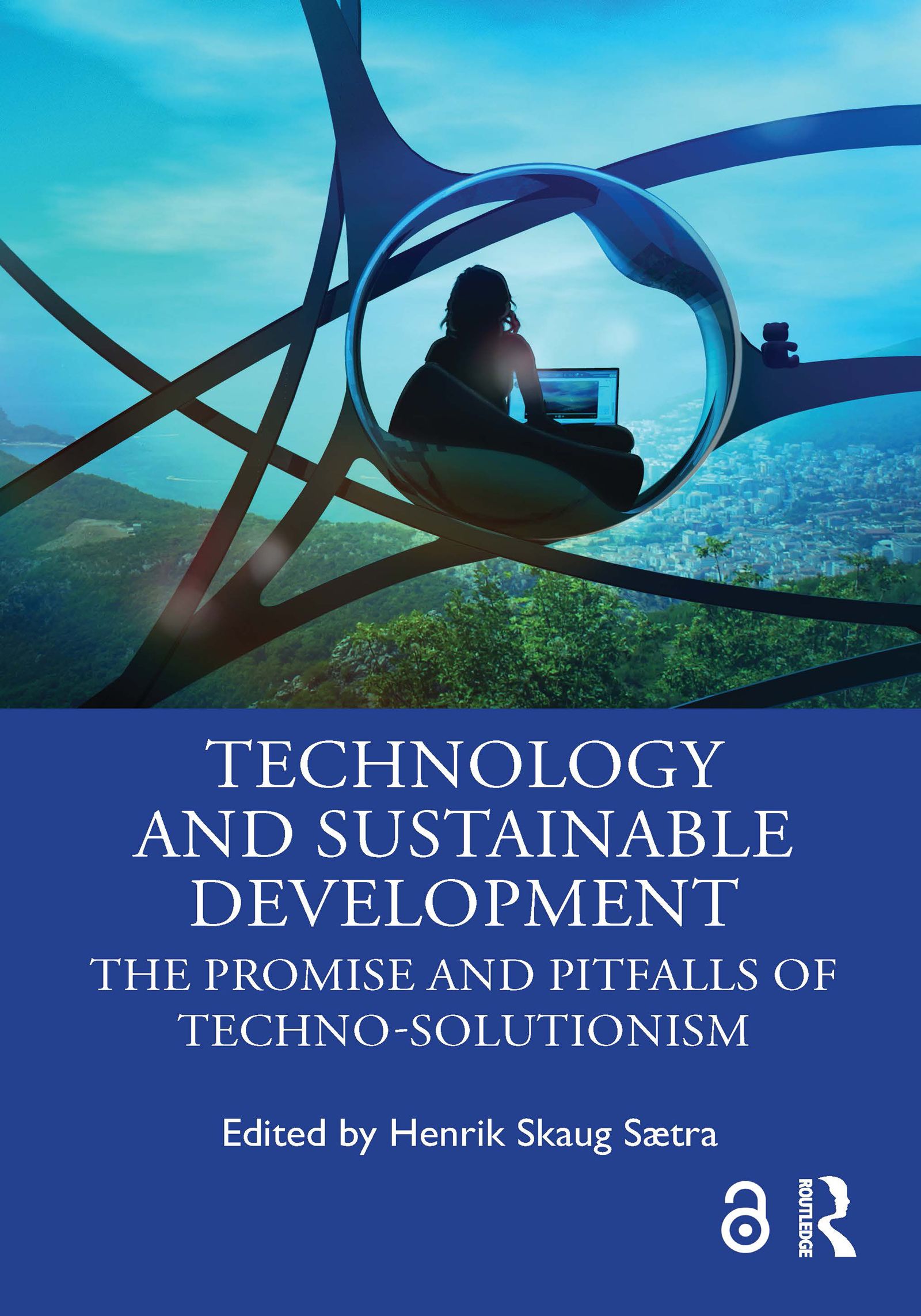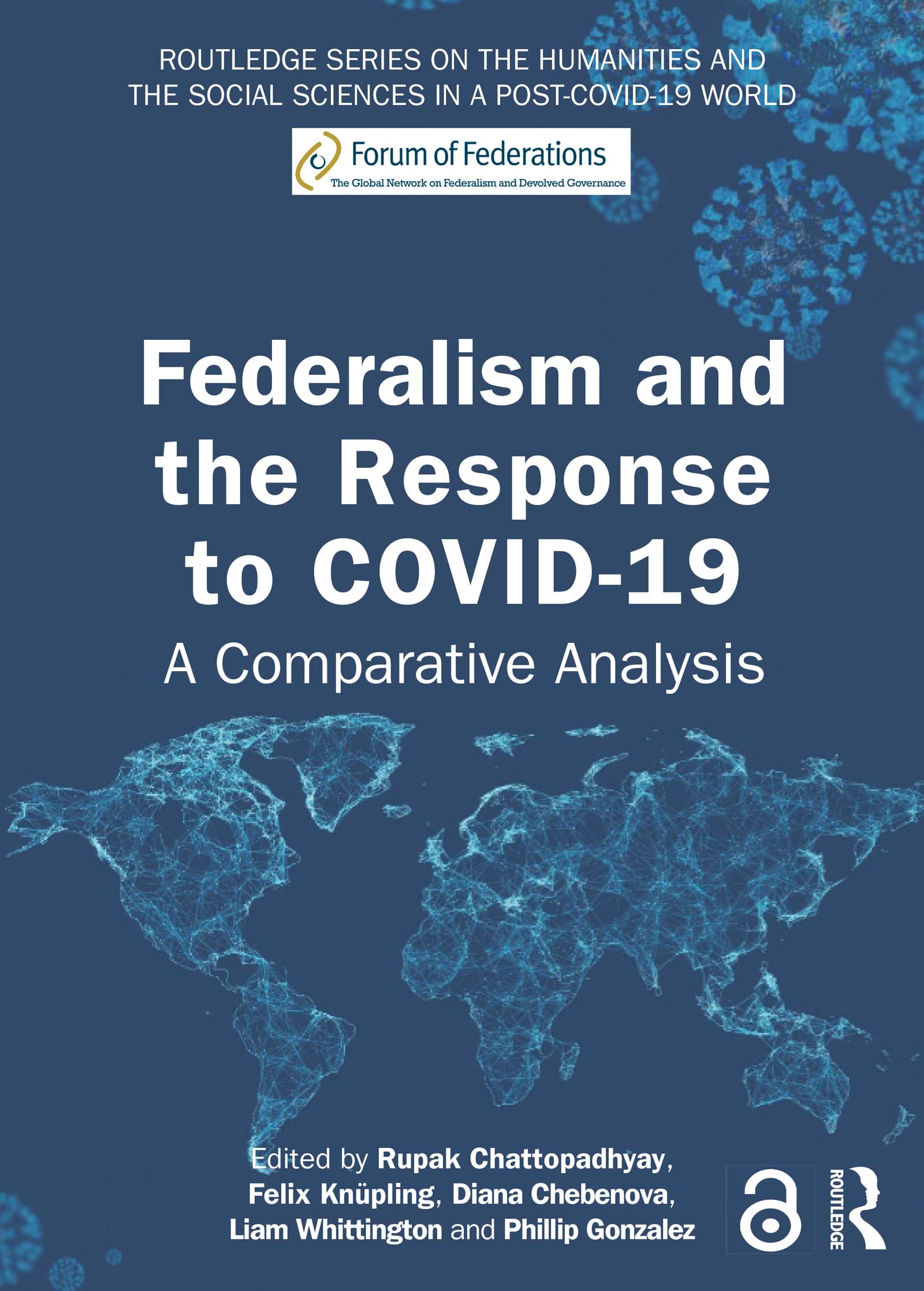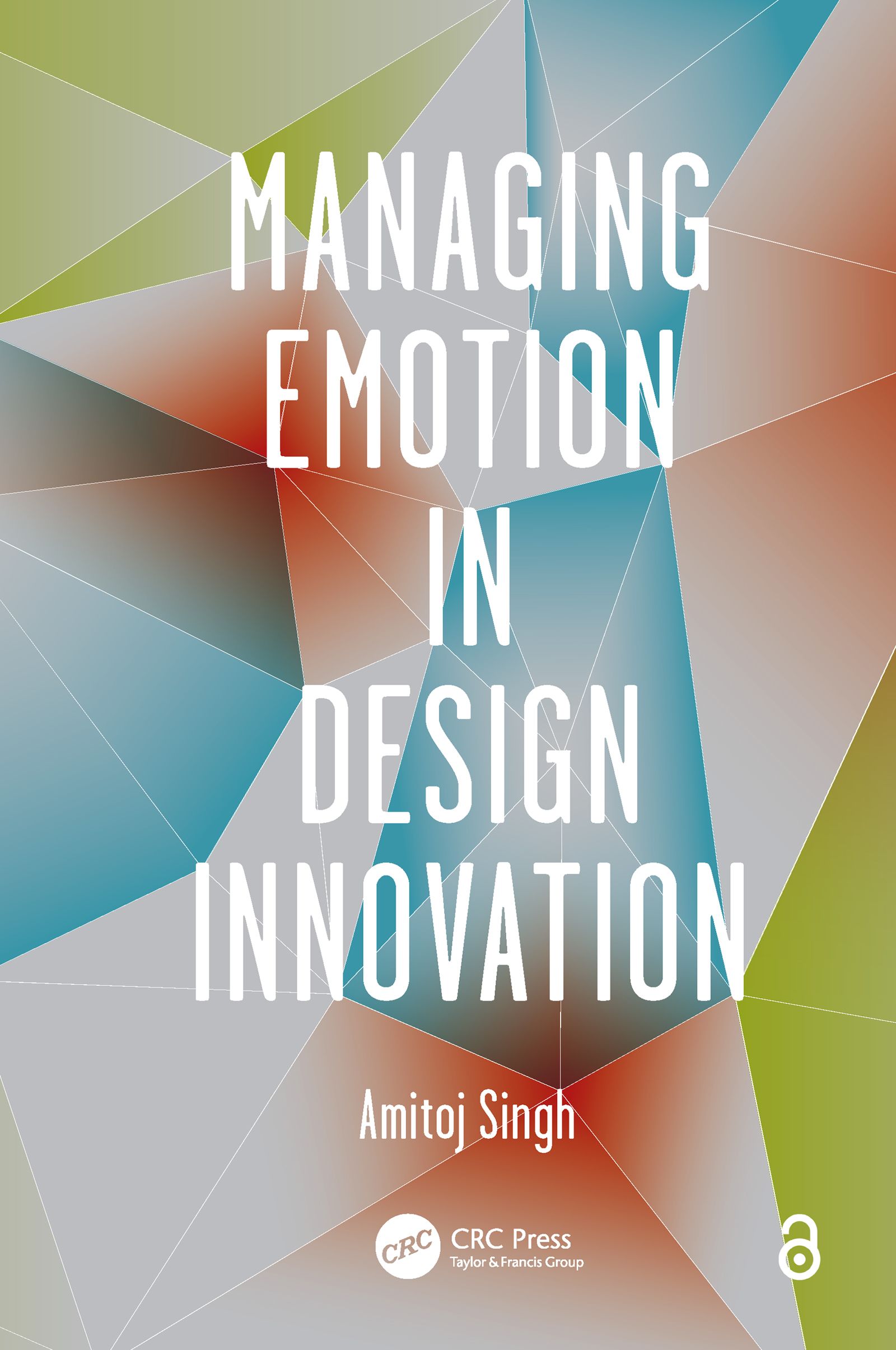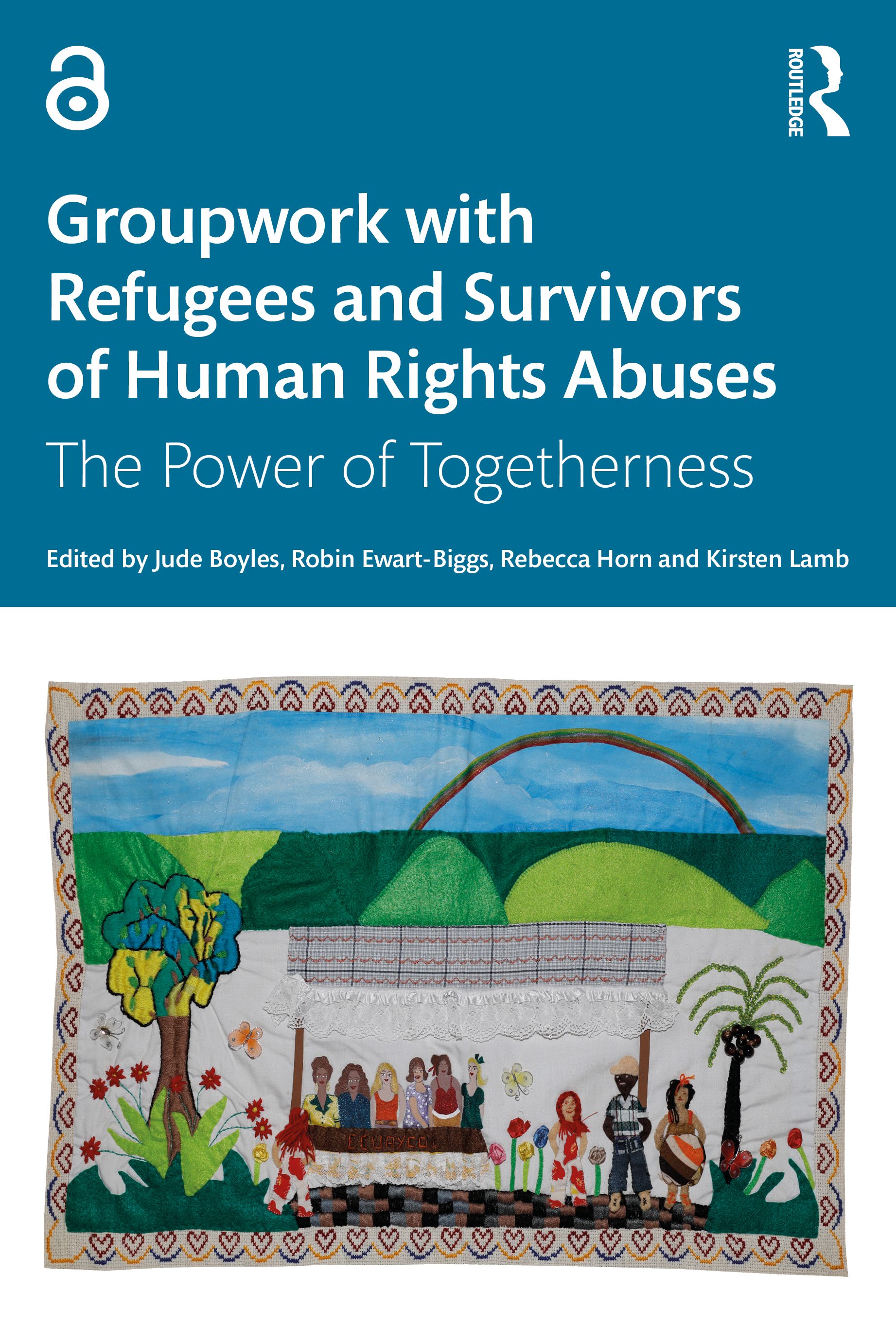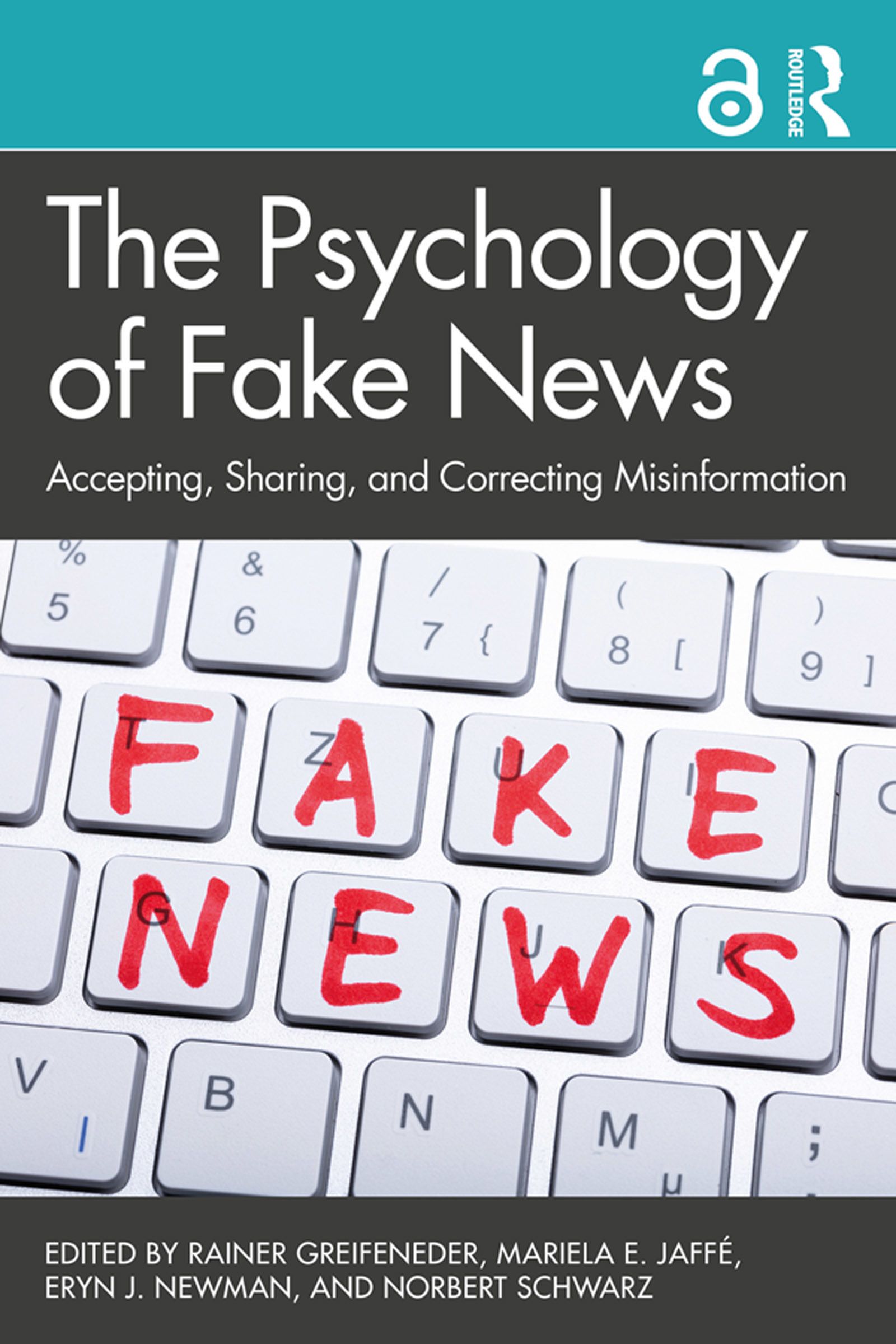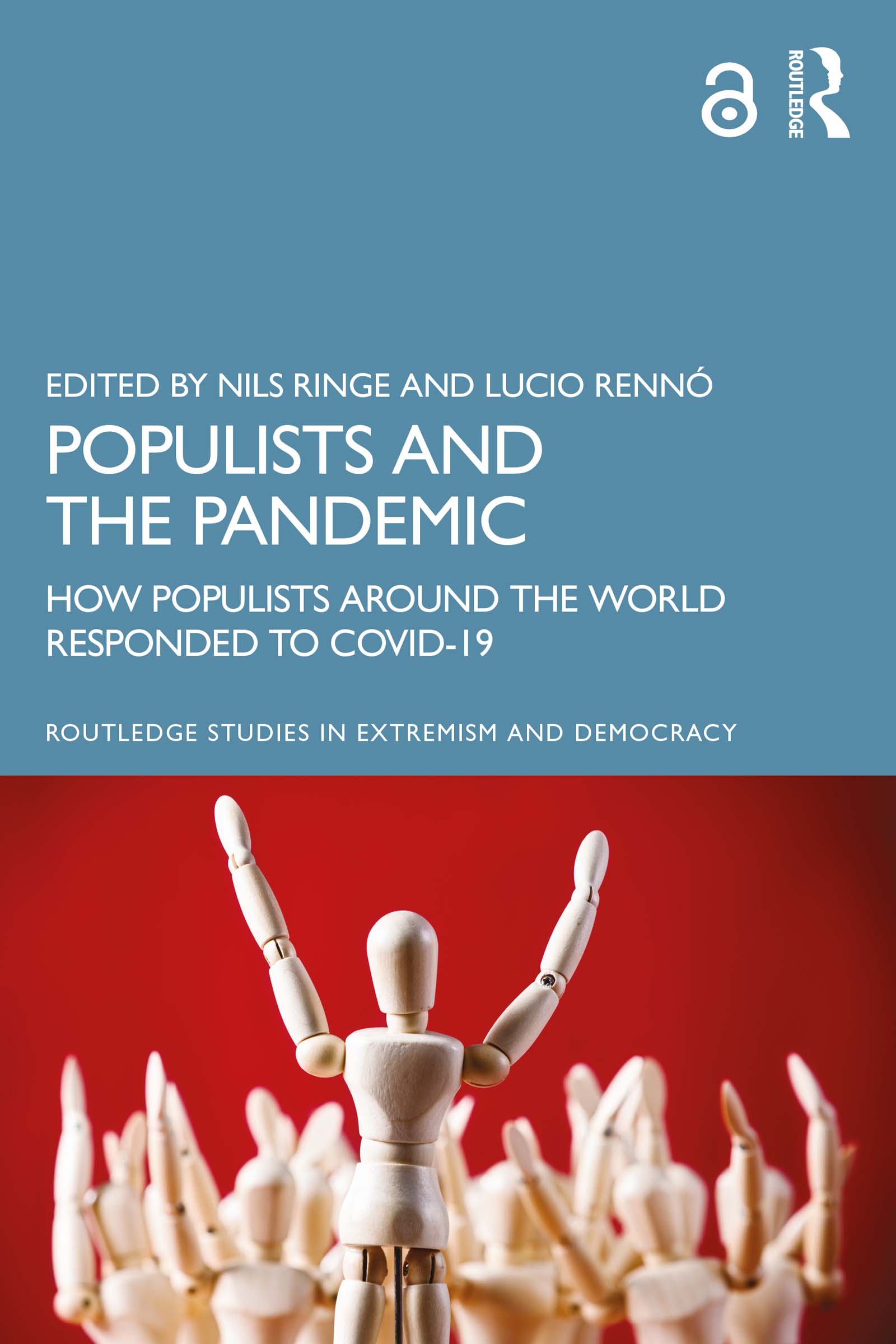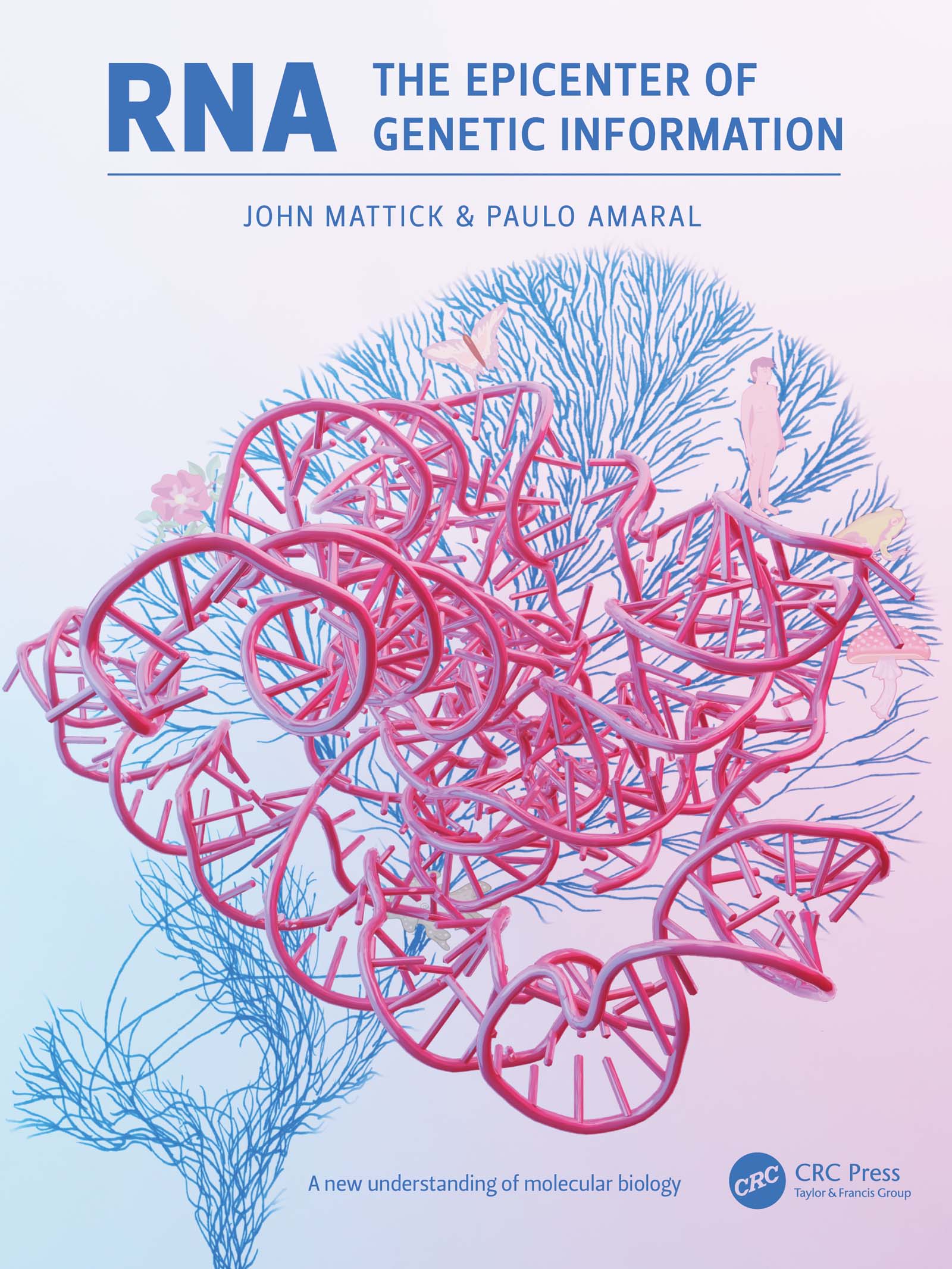12 must-read open access (OA) books
Tackling urgent global challenges with open access research

From fighting disinformation to tackling climate change and identifying new diseases, open access (OA) books give researchers a greater platform to help solve urgent global issues.
Anyone – from policymakers in the world's governments to students researching an assignment – can read, download, and share OA research freely.
This can result in more media coverage and a higher number of citations in research and policy documents.
Impact and influence
We've published more than 1,800 OA books and thousands of chapters since we launched our Open Access Books Program in 2013.
These are more likely than non-OA books to have been mentioned in the news media, and a typical OA book from our collection has more than double the number of citations (sources: Altmetric and Dimensions).
Many OA books perform even better than this. The OA book The Psychology of Fake News has received around 32 times more citations than the average for publications in the same field.
10 years of OA books
Our editorial experts commission, assess, and publish hundreds of books each year.
To mark 10 years since we published our first OA book, Negotiating Bioethics, we asked 12 of our editorial experts to recommend their must-read OA book:
- Technology and Sustainable Development: The Promise and Pitfalls of Techno-Solutionism
- Federalism and the Response to COVID-19: A Comparative Analysis
- Bitcoin and Beyond: Cryptocurrencies, Blockchains, and Global Governance
- Managing Emotion in Design Innovation
- Reducing Greenhouse Gas Emissions and Improving Air Quality
- Groupwork with Refugees and Survivors of Human Rights Abuses: The Power of Togetherness
- Sport Stadiums and Environmental Justice
- The Psychology of Fake News: Accepting, Sharing, and Correcting Misinformation
- On the Significance of Religion for Human Rights
- Populists and the Pandemic: How Populists Around the World Responded to COVID-19
- Noncommunicable Diseases: A Compendium
- RNA, the Epicenter of Genetic Information
Read on to access and download these books and find out why our experts recommend them.
If you're an author or funder, you can also find out how we can support you to publish OA books. If you're a librarian, you can find out how to help your institution access and publish OA books.


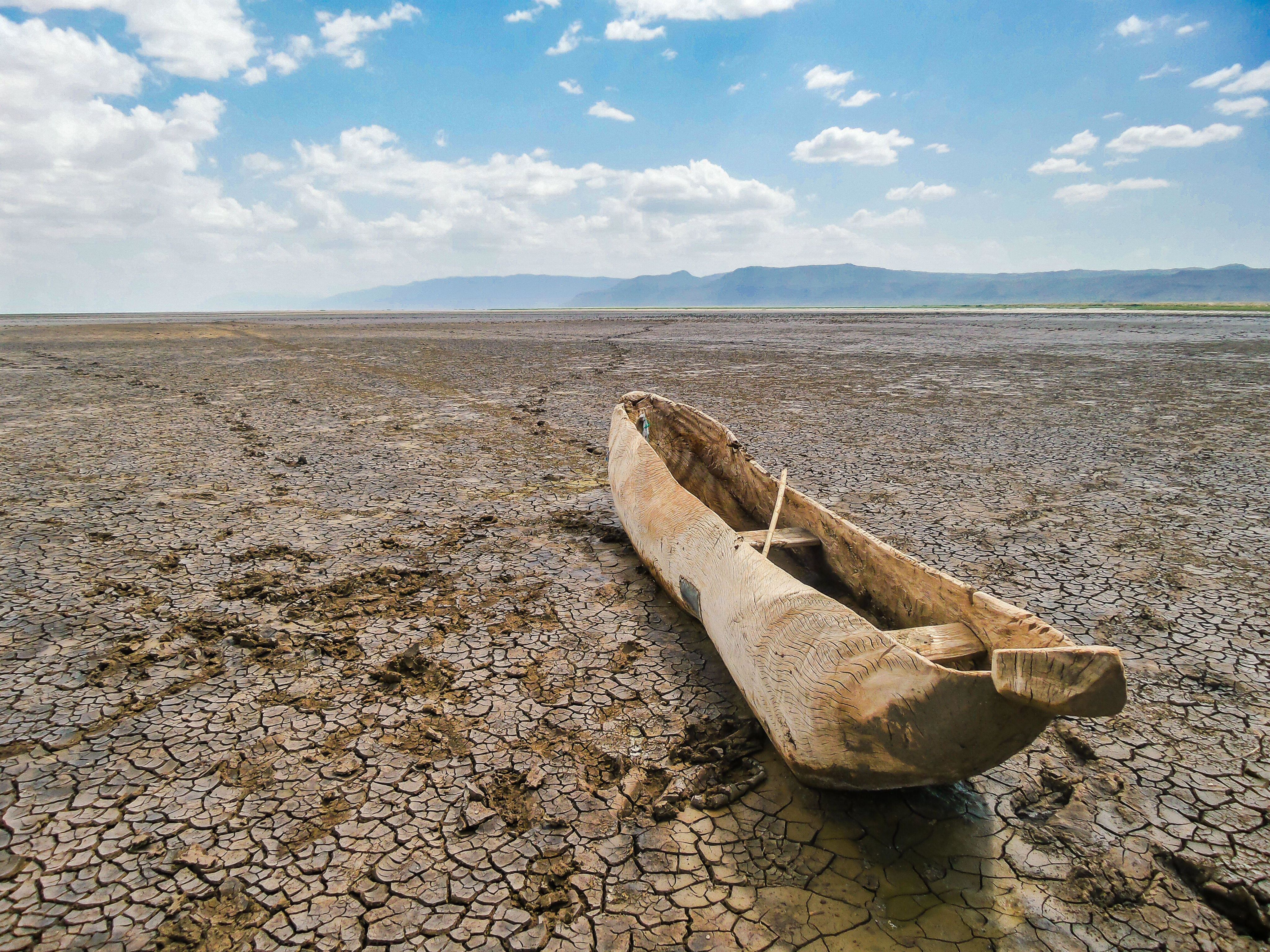
Technology and Sustainable Development: The Promise and Pitfalls of Techno-Solutionism
Edited by Henrik Skaug Sætra
Nominated by: Elliott Morsia, PhD, Editor (Computer Science)
"Technology and Sustainable Development demonstrates the role of open access in making relevant research available to readers outside of academia. It focuses on many of the practical challenges facing our governments and societies globally at a time of unprecedented technological change.
"In the book, edited by Henrik Skaug Sætra, a range of experts address the potential of technology to both solve and exacerbate pressing global issues. These include gender inequality, the climate crisis, the mistreatment of minorities, and the unequal distribution of power.
"It looks at the impact of new technologies such as artificial intelligence, social media, and big data. It also considers the need for greater social and political control of developments in these areas.
"Technology and Sustainable Development is a vital resource for researchers, policymakers, politicians, and anyone with an interest in tackling the social, economic, and environmental challenges we face.”
Recommended chapter: Key Concepts: Technology and Sustainable Development
A vital resource for anyone with an interest in tackling the social, economic, and environmental challenges we face...
Federalism and the Response to COVID-19: A Comparative Analysis
Edited by Rupak Chattopadhyay, Felix Knüpling, Diana Chebenova, Liam Whittington, and Phillip Gonzalez
Nominated by: Aakash Chakrabarty, Senior Commissioning Editor (Politics and International Relations)
"This is perhaps the first book that delves into how the federal and quasi-federal governments of 22 nations from Asia, Africa, the Americas, Europe, and Oceania responded to the COVID-19 pandemic.
"While the constitutional power to deal with national disasters and emergencies rests with the federal government, the delivery of health services is often the remit of states, provinces, cantons, or local governments. The pandemic presented an unprecedented challenge that tested the very foundations of these political systems.
"This book examines the collaborations, contestations, and negotiations between federal governments and their local counterparts and maps the successes, failures, and policy and governance evolutions of these diverse polities."
Recommended chapter: Federalism and the COVID-19 Crisis
Bitcoin and Beyond: Cryptocurrencies, Blockchains, and Global Governance
Edited by Malcolm Campbell-Verduyn
Nominated by: Jeremy North, Books Managing Director
"Blockchain-based activities have fueled utopian promises and dystopian fears regarding applications of the emergent technology to Bitcoin and other cryptocurrencies.
"This edited collection brings together scholars of anthropology, economics, science and technology, and sociology in assessing the implications posed by cryptocurrencies and blockchains for contemporary global governance. Its interdisciplinary contributions provide academics, policymakers, industry practitioners, and the general public with a more nuanced understanding of the novelty and breadth of blockchain-based activities.
"First published in 2017, the book is now in the top four most downloaded books across all of the 26,000+ titles hosted on the OA book platform OAPEN (OAPEN Foundation, Stakeholder Report 2022).
"Bitcoin and Beyond is one of more than 100 books that have been published OA at no cost to authors through our partnership with Knowledge Unlatched (KU). Under the KU crowdfunding model, libraries around the world unite to support the publication costs to convert both brand new books as well as previously published titles to open access, to enable access for all to important new research."
Recommended chapter: Governing What Wasn’t Meant to be Governed
This book is one of more than 100 books that have been published OA at no cost to authors through our partnership with Knowledge Unlatched (KU)
Managing Emotion in Design Innovation
By Amitoj Singh
Nominated by: Dr. Gagandeep Singh, Senior Publisher (STEM)
"Product design is not just about how an item functions, but how it makes us feel. Understanding how that works can be a powerful tool in design innovation and for this reason it is under increasing scrutiny by manufacturers.
"This book explores that in an original way, providing a comprehensive review of approaches and methods for the study of emotion related to product design.
"This overview, from subjective self-reporting methods to computerized tools for measurement of facial expressions, eye movements, and psychophysiological signals, is a valuable resource for researchers and designers of motorbikes and other emotion-laden products.
"The concepts explained can also be applied to macro-level study related to emotional/cultural research, underlining relations between the emotive needs of consumers and the emotive qualities of products for product styling in general."
Recommended chapter: Evolution of Research Methodology
Reducing Greenhouse Gas Emissions and Improving Air Quality: Two Interrelated Global Challenges
By Larry E. Erickson and Gary Brase
Nominated by: Irma Britton, Senior Editor (Environmental Science and Engineering)
"During 17 years with Taylor & Francis, I have published many books on air quality. But the problems don’t seem to go away – they are still present and sometimes alarming.
"Air quality has a significant impact on our life, and one of the ways to improve it is by reducing greenhouse gas emissions. I recommend this short book because it answers the question, 'How?'
"In the book, world experts in sustainability explain how to effectively address the transitions to electric vehicles, solar and wind energy, smart grids and electric power management, new and advanced batteries, and the electrification of agricultural technology – all topics related to better air quality.
"This is a book for everyone who wants to understand how humans impact air quality, how poor air quality affects us, and how to modify the decisions we make to reduce pollution and mitigate climate change."
Recommended chapter: Air Quality as a Common Resource
Groupwork with Refugees and Survivors of Human Rights Abuses: The Power of Togetherness
Edited by Jude Boyles, Robin Ewart-Biggs, Rebecca Horn, and Kirsten Lamb
Nominated by: Kate Hawes, Senior Publisher (Mental Health and Psychoanalysis)
"I've selected this book as it showcases an extraordinary breadth of work with people who have suffered involuntary dislocation and human rights violations.
"The focus is firmly on what, how, and why practical interventions have worked, and how similar work may be of assistance in the future.
"The commitment of the experienced practitioners who have contributed to the book is evident throughout – both in their generous sharing of the details of their work, and in their careful reflections on why certain approaches have worked with particular groups.
"That generosity continues in the fact that the book is available open access – the authors want as many people as possible to be able to learn from their experiences and for this type of treatment to be available to all who would benefit from it."
Recommended chapter: Women and Girls Safe Spaces: The Power of Feminist Social Groupwork in Humanitarian Settings
The authors want as many people as possible to be able to learn from their experiences and for this type of treatment to be available to all who would benefit from it
Sport Stadiums and Environmental Justice
Edited by Timothy Kellison
Nominated by: Simon Whitmore, Senior Publisher (Sport, Exercise, and Leisure)
"This book explores the local environmental impact of sports stadiums – including water and air pollution, displacement and gentrification, soil contamination, and transport accessibility – and how that impact can disproportionately affect communities of color.
"I think the book is a great example of how research on issues that are affecting real people's lives, particularly in communities that have historically been subjected to unjust and inequitable treatment, can be given much wider visibility through OA research.
"For example, Chapter 6, Stadiums, Race, and Water Infrastructure, looks at the impact of two sports stadiums in Atlanta, Georgia, on flood risk for majority Black neighborhoods downstream of the stadiums, and examines racialized processes of urban transformation."
Recommended chapter: Stadiums, Race, and Water Infrastructure
Communities that have historically been subjected to unjust and inequitable treatment can be given much wider visibility through open access research
The Psychology of Fake News: Accepting, Sharing, and Correcting Misinformation
Edited by Rainer Greifeneder, Mariela Jaffe, Eryn Newman, and Norbert Schwarz
Nominated by: Lucy Kennedy, Senior Publisher (Psychology)
"In the words of the distinguished American psychologist, Elizabeth F. Loftus: 'Fake news is a serious problem for politics, for science, for journalism, for consumers, and, really, for all of us. We now live in a world where fact and fiction are intentionally blurred by people who hope to deceive us.'
"I recommend this book, commissioned by Eleanor Taylor, my Editor in Social Psychology, as essential reading for anyone interested in public affairs, and especially for students, researchers, and applied professionals in the social sciences.
"It will give readers an important understanding of the psychological processes involved in the production, dissemination, interpretation, sharing, and acceptance of fake news, and what can be done to stop the spread of misinformation.
"My must-read chapter is the opener, What is New and True about Fake News?
"This introductory chapter explains how fake news is not just confined to the political realm but also infects marketing, journalism, and science. It also offers an enlightening bird’s eye view on the topics covered in the complete book."
Recommended chapter: What is New and True About Fake News?
On the Significance of Religion for Human Rights
Edited by Pauline Kollontai and Friedrich Lohmann
Nominated by: Catherine Bernard, Global Editorial Director (Humanities and Media Arts)
"Routledge's OA series Religion Matters gets right to the heart of our humanities program by promoting rigorous thinking and challenging readers to contribute to the ongoing conversation of humankind around things that matter to us – in this case religion, and the vast role it plays in any number of intersecting global issues.
"Topical, interdisciplinary, and accessible, this slim but mighty 2023 series title furthers our understanding of the role of religion in the area of human rights. It uses case studies from Hinduism, Judaism, Christianity, and Islam as an engaging entry point into big topics and to draw clear connections between the often-separated spheres of academics, policymakers, and practitioners.
"Since the Sustainable Development Goals (SDGs) serve as a dynamic frame of reference, I’ll highlight chapters 3.2 and 4.2. These juxtapose the hindrances posed by Hinduism in imparting human rights to women against the potential within Hinduism to overcome them.
"Many of the tenets discussed were new to me, so always exciting to learn more. Plus, I loved how the author showed the ways different socio-historical moments can influence the interpretation of the very same religious text as it relates to women’s rights as human rights."
Recommended chapters: Human Rights of Women and the Notion of "Pollution" in Hinduism and Women and Democratic Ideals in Hinduism: A Case Study of Women's Entrance to Sabarimala Temple
Routledge's OA series Religion Matters gets right to the heart of our humanities program by promoting rigorous thinking and challenging readers to contribute to the ongoing conversation of humankind
Populists and the Pandemic: How Populists Around the World Responded to COVID-19
Edited by Nils Ringe and Lucio Rennó
Nominated by: Craig Fowlie, Global Editorial Director (Social Science)
"The COVID-19 pandemic brought about a situation unprecedented in human history, but also exacerbated many already existing tensions within society.
"Populist parties and movements have successfully created social and political divisions, and generated widespread distrust in institutions, the media, and authorities. The understandable fear and anxiety created by the pandemic allowed conspiracy theories and other forms of irrationality to flourish, often spread through social media.
"These created ideal circumstances for populists to exploit, as they played on their existing rhetoric of a divide between a supposed elite and 'the real people.'
"At the same time as populists derided 'experts,' countries were reliant on medical and scientific professionals to advise governments on how to navigate through the pandemic.
"This book examines how a variety of populist actors responded to and exploited the pandemic.
"There is a tendency to see populism as a Western issue, but it has deep roots in Latin America and other countries in the Global South, and one of the book's biggest strengths is the broad range of national case studies it includes."
Recommended chapter: Populists and the Pandemic Introduction
Noncommunicable Diseases: A Compendium
Edited by Nick Banatvala and Pascal Bovet
Nominated by: Helena Hurd, Senior Editor (Global Development and African Studies)
"As the COVID-19 pandemic surged in 2020, global attention was focused on infectious disease, but locked away in our separate homes, the authors of Noncommunicable Diseases: A Compendium and I were teasing out a very different global health problem.
"Noncommunicable (or non-infectious) diseases account for 71% of all deaths globally, and are intricately tied up in complicated lifestyle and policy dilemmas. Cardiovascular disease, diabetes, cancer, and chronic respiratory disease have known risk factors, encompassing alcohol use, diet, physical inactivity, and air pollution; and so, in theory, it is possible for individuals, governments, and policymakers to work to reduce mortality rates. But where to turn?
"Authors Nick Banatvala and Pascal Bovet decided that the answer was a book of short, informed chapters written by the world's leading experts, aimed at informing policymakers and public health practitioners, wherever they might be in the world.
"Right from the start, it was essential that the book should be open access and freely available to all, in order to spread the word and generate maximum real-world impact.
"Since publication, thousands of readers have benefited from the book’s unique approach of combining disease-specific insights with evidence-based recommendations for cost-effective and affordable interventions. Readers range from health ministers and public health experts to former prime ministers and presidents."
Recommended chapter: Global Burden of NCDs
It is possible for individuals, governments, and policymakers to work to reduce mortality rates
RNA, the Epicenter of Genetic Information
By John Mattick and Paulo Amaral
Nominated by: Chuck Crumly, PhD, Senior Editor (Cell, Molecular, Developmental, and Evolutionary Biology)
"The genetic material of coronaviruses is RNA (ribonucleic acid). During the COVID-19 pandemic, discoveries of the central role played by RNA dominated many scientific priorities, and vaccines developed to prevent COVID-19 infections were RNA-based.
"This OA book chronicles the history of DNA and RNA and the influence of biochemistry and genetics on molecular biology. Published in 2022, it has been viewed/downloaded over 150,000 times and reviewers have shared glowing commentary.
Tom Cech, who shared the 1989 Nobel Prize in Chemistry, calls the book 'thrilling and provocative' and adds, 'There is a need for such a book... There's nothing quite like this out there.'"
Recommended chapter: Overview
 China
China Africa
Africa

